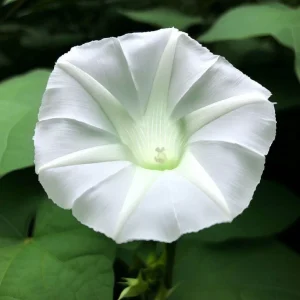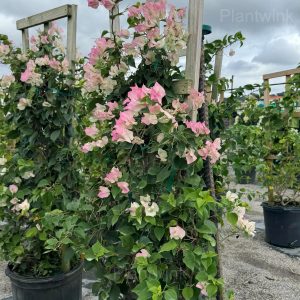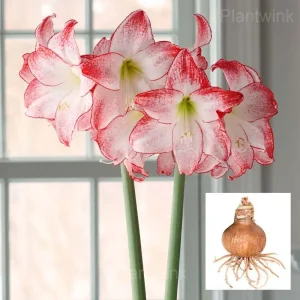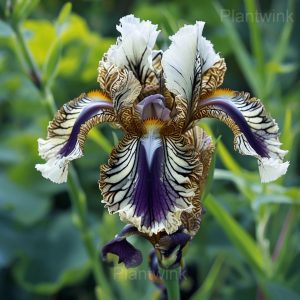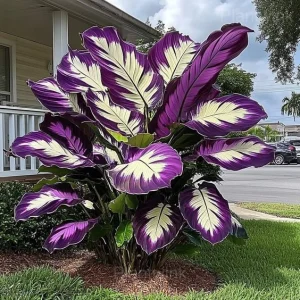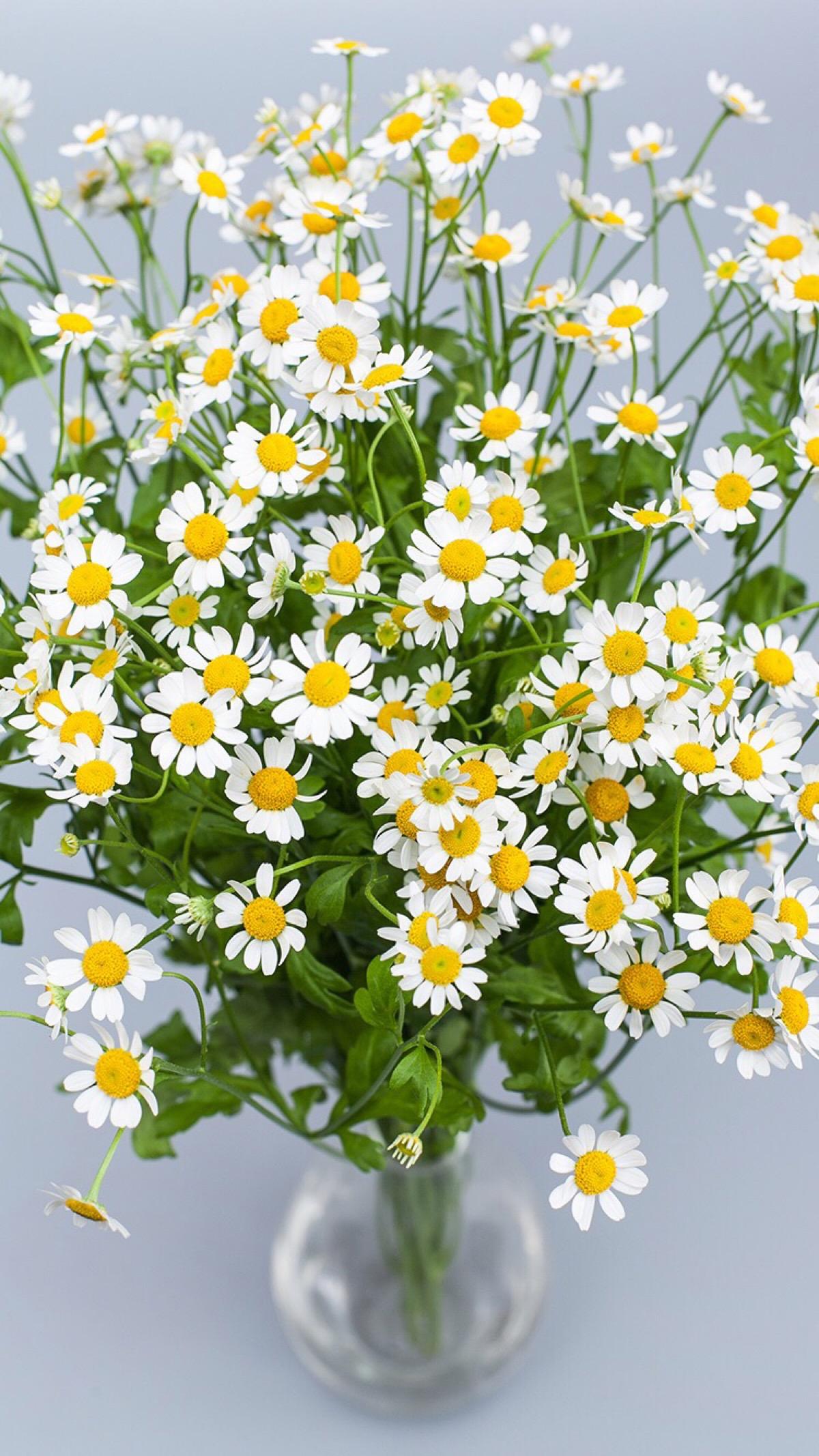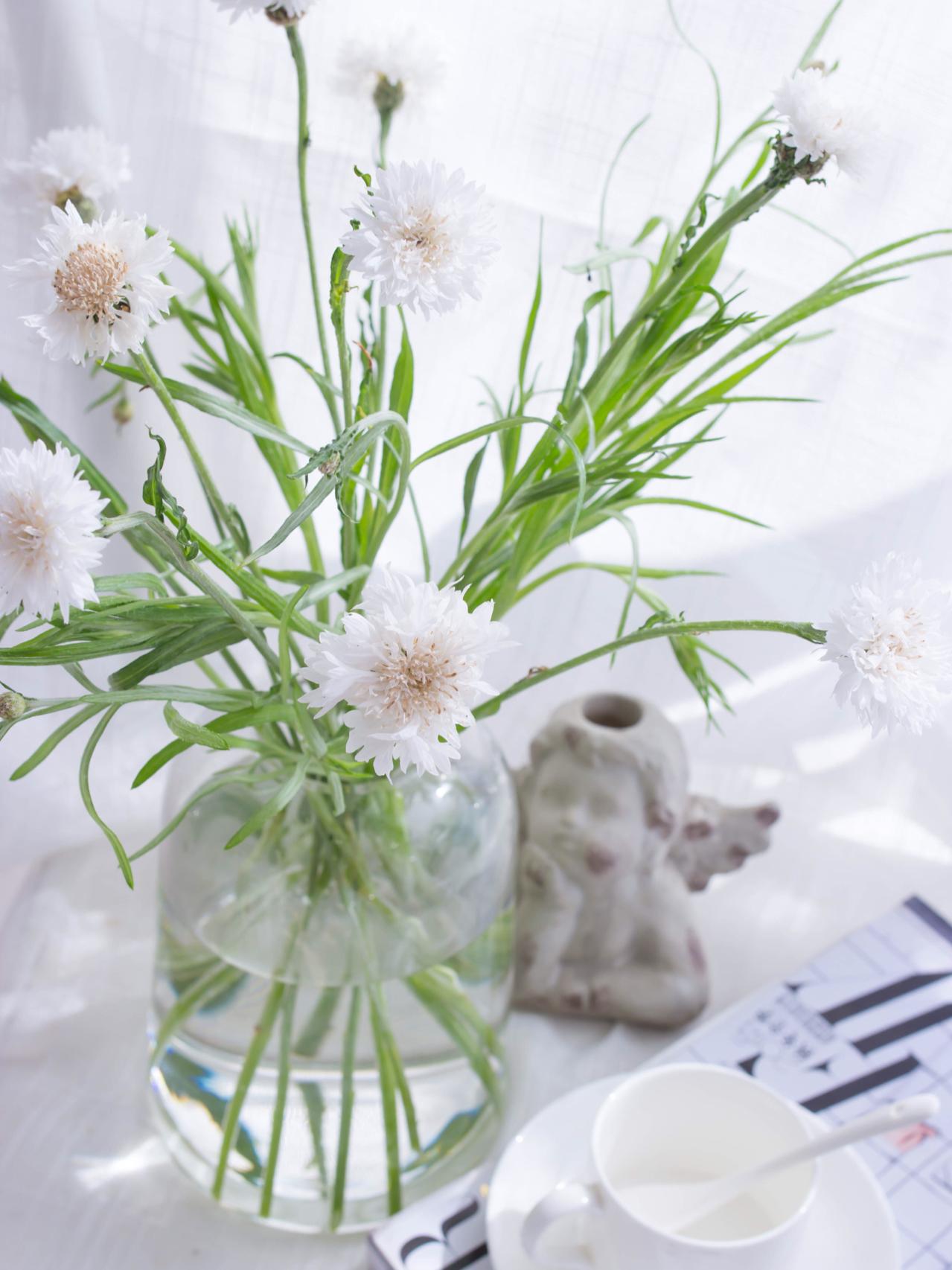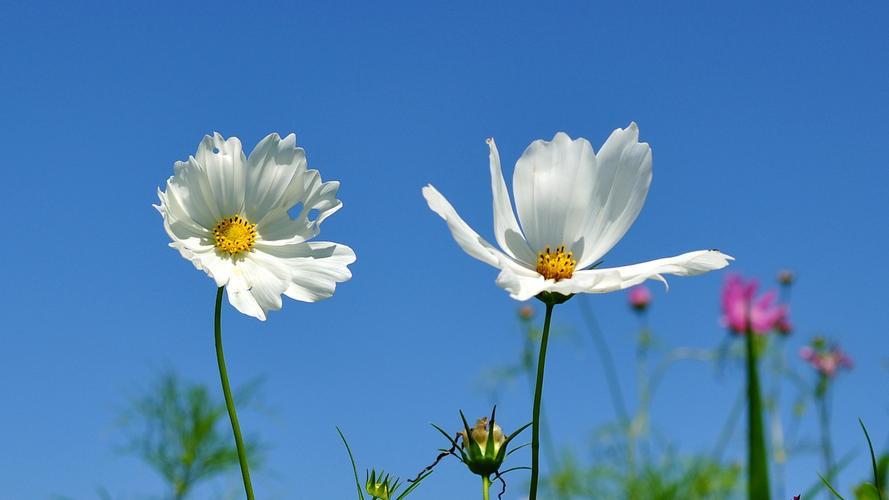The Nandina plant, also known as Heavenly Bamboo, has an interesting story. Legend has it that during ancient times, a wise old monk planted a tiny seed in his garden. Over time, the seed grew into a magnificent Nandina plant with vibrant red berries and delicate leaves. It was said that the plant possessed magical healing powers, providing strength to those who touched its leaves. People from far and wide would visit the monk’s garden and experience the plant’s mystical energy. Today, Nandina continues to enchant gardeners with its beauty and serves as a reminder of the power of nature in our lives.
Picture
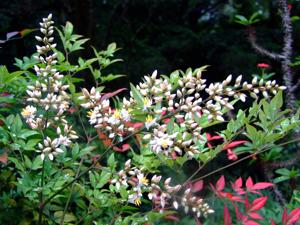
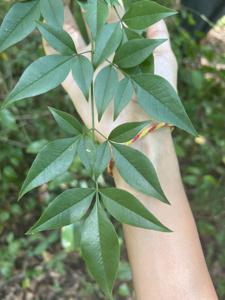
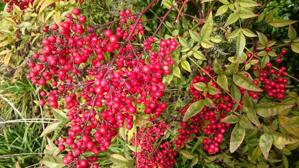
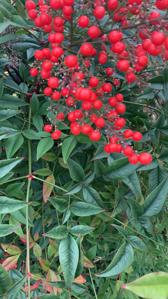
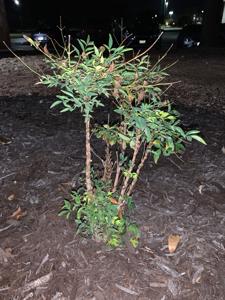
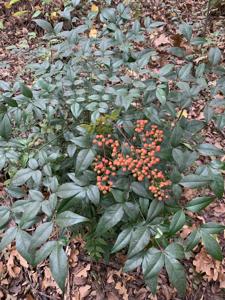
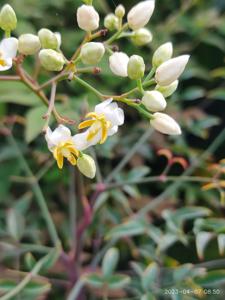
Plant some seeds now!
Short Description
Nandina domestica (/nænˈdiːnə/ nan-DEE-nə)[a][b][c] commonly known as nandina, heavenly bamboo or sacred bamboo, is a species of flowering plant in the family Berberidaceae, native to eastern Asia from the Himalayas to Japan. It is the only member of the monotypic genus Nandina. It is widely grown in gardens as an ornamental plant with a number of cultivars that display bright-red fall foliage in the cool months, and attractive new foliage growth in spring. Although a popular ornamental shrub, the berries are toxic to birds, especially towards the end of the winter when other food sources become scarce.
The Latin genus name Nandina is derived from the Japanese name nanten (南天). The specific epithet domestica means ‘domesticated’, or ‘of the household’.
Description
Despite the common name “sacred bamboo”, it is not a bamboo but an erect evergreen shrub up to 2 m (7 ft) tall by 1.5 m (5 ft) wide, with numerous, usually unbranched stems growing from ground level. The glossy leaves are sometimes deciduous in colder areas, 50–100 cm (20–39 in) long, bi- or tri-pinnately compound, with the individual leaflets 4–11 cm (2–4 in) long and 1.5–3 cm broad.
Flowers
Flower buds repel rainwater.
Nanten leaves also repel rainwater.
The young leaves in spring are brightly coloured pink to red before turning green; old leaves turn red or purple again before falling. Its petiolate leaves are 50–100 cm long, compound (two or three pinnacles) with leaflets, elliptical to ovate or lanceolate and of entire margins, 2–10 cm long by 0.5–2 cm wide, with petioles swollen at their bases.
